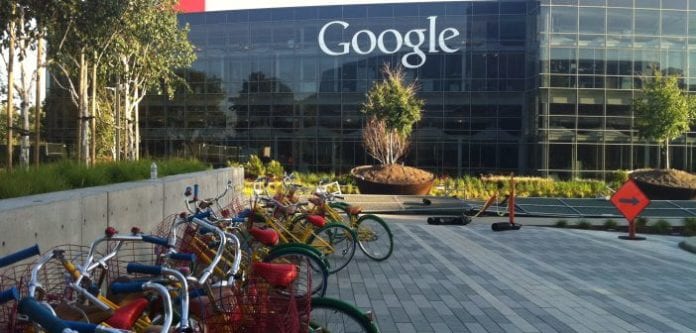Revenue share drops from 20% to 3%, ISVs get better recognition and more backend support in 2022
Google Cloud Marketplace is undergoing some fundamental changes for 2022 to put independent software vendors (ISV) front and center. That’s the word from Kevin Ichhpurani, corporate vice president, Global Ecosystem and Channels at Google Cloud. Ichhpurani detailed some changes in a recent blog post.
“We plan to more than double our spend in support of our partner ecosystem over the next few years, including rolling out increased co-innovation resources for partners, more incentives and co-marketing funds, and a larger commitment to training and enablement — all with a goal of continuing our joint momentum in the market,” said Ichhpurani.
Google Cloud Marketplace speeds cloud software deployments without requiring a lot of technical expertise in cloud software operations. AWS and Microsoft Azure offer similar Marketplace services for their customers.
“Google Cloud Marketplace lets you quickly deploy functional software packages that run on Google Cloud. Even if you are unfamiliar with services like Compute Engine or Cloud Storage, you can start up a familiar software package without having to manually configure the software, virtual machine (VM) instances, storage, or network settings. You can deploy a software package now, and scale that deployment later when your apps require additional capacity,” said Google.
Key 5G and edge improvements for ISVs and channel partners
Unlike AWS and Microsoft Azure, Google has not allowed resellers to sell third-party Google Cloud Marketplace solutions. This is a key difference between Google and competitors AWS and Microsoft Azure, which do permit ISVs that latitude. That’s changing in 2022.
Icchpurani said that Google is expanding regional sales and technical teams to support ISVs. It’s also making available additional technical resources to help ISVs move to SaaS delivery models.
Also on the table: “new monetization models for ISVs using Google Distributed Cloud to deliver products across hybrid environments, multiple clouds, and at the network edge,” said Ichhpurani.
“ISVs will be able to build industry-specific 5G and edge solutions leveraging our ecosystem of telecommunication providers and 140+ Google network edge locations,” he added.
Ichhpurani highlighted numerous other programs to drive partner channel growth. They include new incentives for partners to deliver exceptional customer service experiences. Google is also making available an increase in marketing co-funding for channel partners, and launching new technical certification programs. He also noted that Google is cutting commissions from a sliding scale up to 20% down to a flat 3%.
Google’s decision to drop commission rates follows moves made by the other hyperscalers in 2021. The reduction in commissions is part of an industry-wide trend. After being sued by Fortnite developer Epic Games, Apple cut rates for developers who sell less than $1 million each year through their App Store. Google countered by cutting developers commissions on its own Play Store, used to distribute Android apps.

